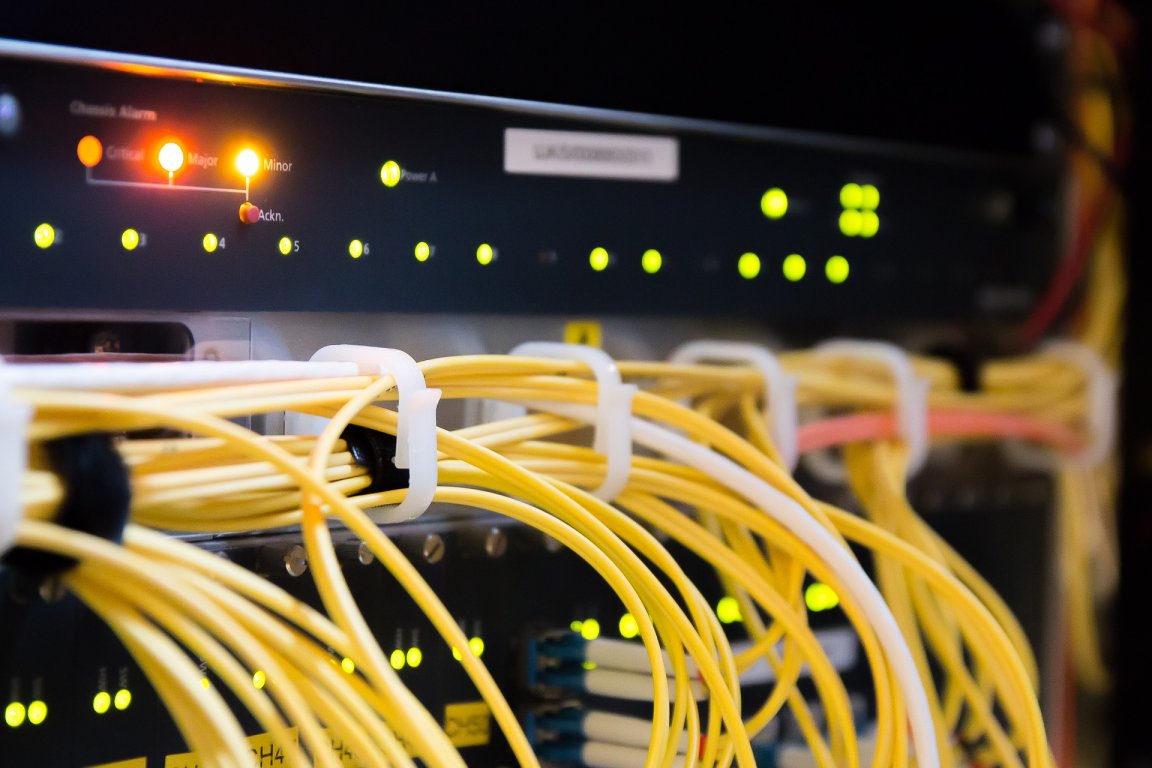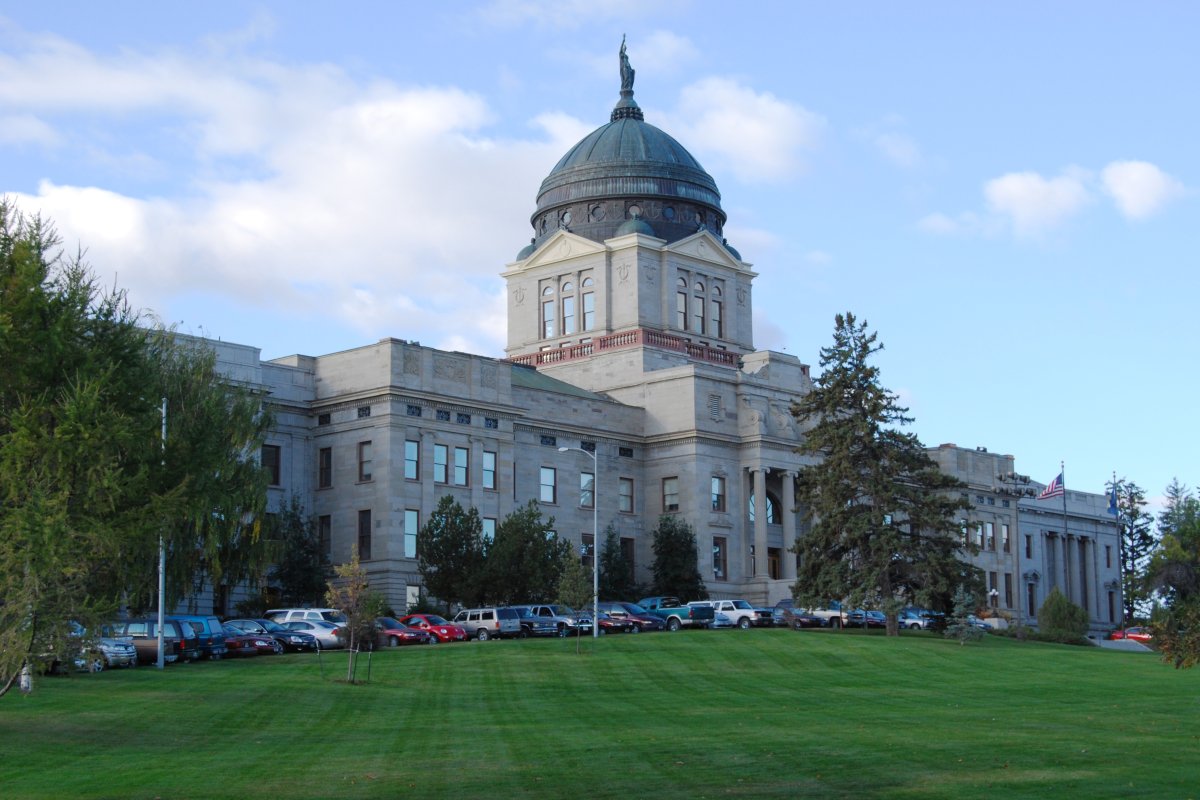
“Immediate Relief”
The governor of Montana, Steve Bullock, signed an executive order to restore elements of net neutrality to the state. Now, any telecommunications company with a state contract must now abide by two core aspects of net neutrality that the Federal Communications Commission (FCC) repealed in December 2017. These companies are barred from blocking access to and charging more for faster delivery of websites. Companies like Verizon — which has contracts with the government of Montana — are barred from blocking access to some websites and charging more for faster delivery of others.
Speaking to the New York Times, a former enforcement chief at the FCC during the Obama administration said, “This action by Governor Bullock will provide immediate relief.”Governor Bullock’s order is just the latest in a series of push-backs against the FCC’s decision; tensions are high among lawmakers and consumers who oppose the rule change.

Fifty U.S. senators have already voiced their support for a bill to override the FCC’s decision ending net neutrality. One Republican senator, Susan Collins of Maine, joined all 49 of the Senate’s Democrats to support of the bill. At the state level, a collection of more than 20 Attorneys General from around the country filed a lawsuit in federal court to challenge the ruling.
Passing legislation to reverse the net neutrality ruling will be a slow, uphill battle in the current political climate. Republicans that support the FCC decision have a much wider majority in the House, and President Trump retains veto power over any legislation that Congress might approve. Lawsuits will also take a great deal of time, and any subsequent decisions in favor of net neutrality will likely be appealed.
But Montana’s executive order — which could face legal challenges of its own — goes into effect immediately.
Legal Loophole
Whether Governor Bullock’s actions inspire other governors to act similarly or not, his executive order will likely be challenged in court. The FCC’s new rules specifically bar the making of net neutrality laws at the state level.
But Bullock’s advisors are confident that this method of regulating government contracts and not the providers directly provides a legal loophole to reinstate the spirit of net neutrality rules. The state government is not doing anything to specifically stop telecommunication companies from throttling traffic. But now, if the providers choose to do so, they are also choosing to give up any government business.
This is likely the first of many patchwork rules that broadband providers will have to navigate in the absence of national legislation. The New York Times reports one lobbyist and president of the American Cable Association, Matt Polka, said that complying with these myriad rules would be costly for smaller service providers. “Following patchwork of legislation or regulation is costly and makes it even harder to invest in networks,” Polka said.
Political maneuvers like this one could keep the internet free and open while the courts and Congress work towards enacting meaningful protections for consumers. The FCC’s recent decision to repeal net neutrality will likely have unintended consequences, and the creation of a murky patchwork of state legislation is just the beginning.